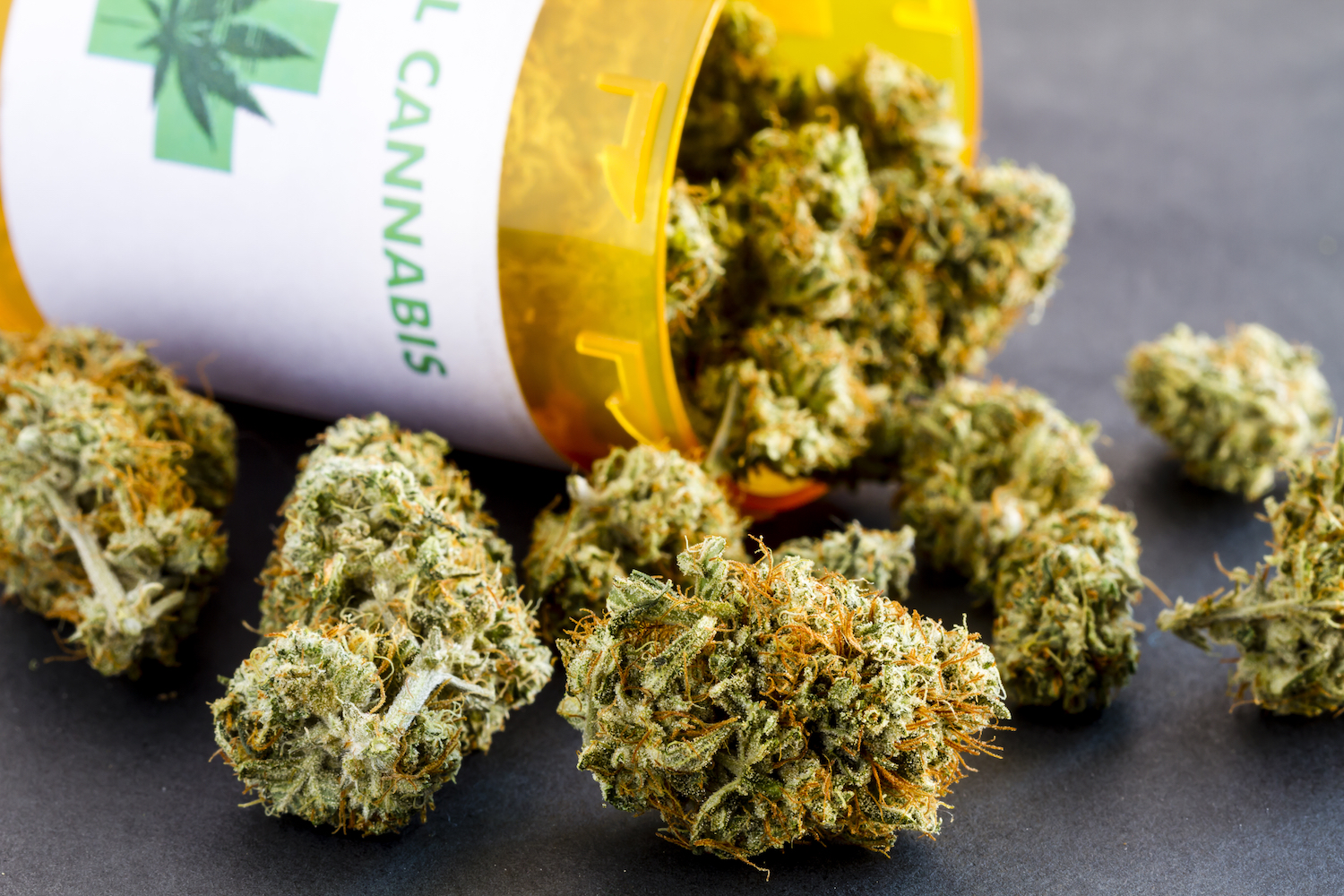Americans Think Pot Is Healthy, But Scientists Still Have Questions

What are your thoughts on marijuana?
If you're like the majority of Americans, you probably think this flowering herb has significant benefits and few serious risks, even though there is very little scientific evidence to support this view. That's according to a new study, published today (July 23) in the journal Annals of Internal Medicine, which surveyed people in the U.S. about their beliefs regarding the drug.
Marijuana's reputation for being a holistic and benign way to self-medicate has grown in recent years, said lead study author Dr. Salomeh Keyhani, a physician and professor of medicine at the University of California, San Francisco. A couple of years ago, Keyhani came across articles online that touted dozens of health benefits for marijuana, but they were all unfamiliar to her. "I'm a physician, and I didn't know about any of these benefits," she said. "I hadn't seen the evidence."
Keyhani and her colleagues wondered about the effects of marketing marijuana as a beneficial drug. Had this caused the U.S. public to view the substance favorably, even though very few studies examine the full effects of its use? To better understand the public's view, the researchers created an online survey that more than 9,000 people from all over the country answered. [Image Gallery: 7 Potent Medicinal Plants]
Overall, the researchers found that 81 percent of U.S. adults believe that marijuana has at least one benefit. The most common benefit named was pain management, followed by treatment of diseases such as epilepsy and relief from anxiety, stress and depression. (They're right on one of those, at least: The FDA recently approved the first marijuana-derived drug as a treatment for two severe types of epilepsy.) A larger proportion of U.S. adults, 91 percent, said they believe marijuana has at least one risk. The most common one was legal problems, followed by addiction and then impaired memory.
What concerned the researchers most about these results was the public's view of marijuana as having little health risk and significant health benefit, Keyhani told Live Science. (Legal risks were more concerning to the people in the survey than health risks.)
"The bottom line is that there's no evidence for the vast majority of this," she said. "There's limited data on harm, and people think that means it's OK."
Get the world’s most fascinating discoveries delivered straight to your inbox.
Keyhani said she thinks the widespread commercialization of the drug has largely contributed to the increasingly favorable opinion of it in the U.S. "I think there's massive amounts of money involved in the industry right now, and just like [with] any other business, there's advertising," Keyhani said.
The researchers said they hope consumers will strive to educate themselves about marijuana use and avoid making assumptions based on biased marketing efforts. "Absence of evidence does not mean evidence of absence," Keyhani warned. "Buyer beware."
Original article on Live Science.

Kimberly has a bachelor's degree in marine biology from Texas A&M University, a master's degree in biology from Southeastern Louisiana University and a graduate certificate in science communication from the University of California, Santa Cruz. She is a former reference editor for Live Science and Space.com. Her work has appeared in Inside Science, News from Science, the San Jose Mercury and others. Her favorite stories include those about animals and obscurities. A Texas native, Kim now lives in a California redwood forest.
 Live Science Plus
Live Science Plus





